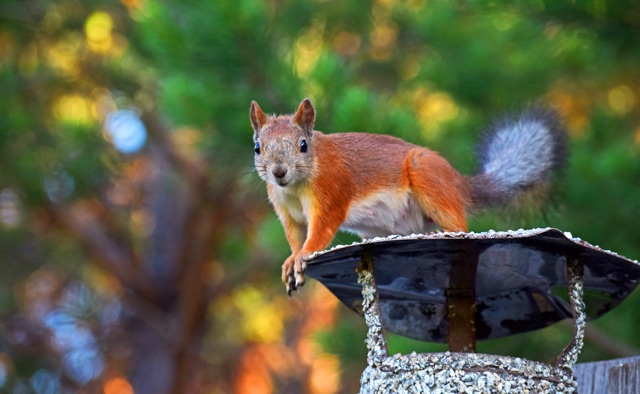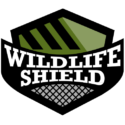
Squirrels may appear to be innocent and beautiful creatures, but once inside our homes, they may wreak substantial damage. Squirrel-related incidents ranging from biting on electrical wires to nesting in attics, can result in pricey repairs. As a homeowner, you must understand your insurance policy and determine whether squirrel damage is covered. In this post, we will look into squirrel damage insurance and what homeowners should know to safeguard their houses.
Coverage for Squirrel Damage on Home Insurance:
Fire, theft, vandalism, and certain weather-related damage are typical risks covered by standard homeowners’ insurance. Unfortunately, squirrel damage is not often one of the risks mentioned. Most insurance policies do not cover damage caused by rodents such as squirrels, rats, and mice. This exclusion is made because rodent-related damage is thought to be avoidable with routine home care and repairs.
There are, however, exceptions to this rule. If a squirrel causes damage to your property as a consequence of a covered risk, such as chewing on electrical wires, the subsequent damage may be covered. To learn the particular coverage and limitations, research your policy and consult with your insurance provider.
Optional Extra Coverage:
While conventional home insurance may not directly cover squirrel damage, several insurers offer optional add-ons or endorsements to cover specific dangers. Depending on your policy and area, you may be able to obtain coverage extensions that include coverage for animal-related damage, such as squirrel infestations.
Endorsement for Wildlife: Some insurance companies offer a wildlife endorsement or add-on that covers damage caused by wildlife, including squirrels. Repairs for chewed cables, damaged insulation, and other property-related concerns caused by wildlife infestations may be included under this coverage extension.
Comprehensive Coverage: If you have a comprehensive house insurance policy, it may cover unexpected and accidental damage caused by animals such as squirrels. However, comprehensive coverage usually has higher premiums, so it’s critical to assess your demands and budget.
Exclusions and restrictions:
Even if you have optional coverage or comprehensive insurance, you should be aware of any exclusions and limitations. Some policies may include a limit on the amount of coverage available for wildlife-related damage, or particular forms of damage may be excluded. Cosmetic damage, such as chewed furniture, may not be covered by these plans.
Homeowners should be aware that ordinary home insurance policies frequently exclude squirrel damage. Optional coverages and endorsements, on the other hand, may provide some protection against wildlife-related risks. Understanding your insurance policy and its restrictions is essential for making informed decisions about extra coverage and preventative measures. You may limit the chance of damage and provide a safe and secure living environment for you and your family by taking proactive efforts to squirrel-proof your house.
